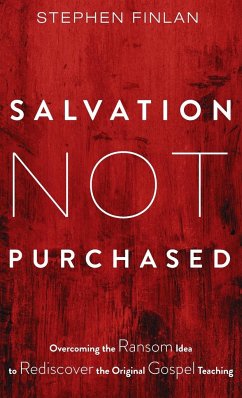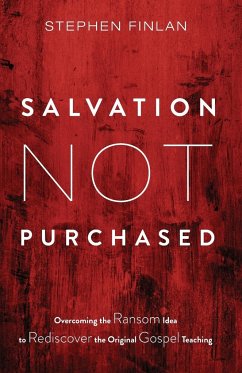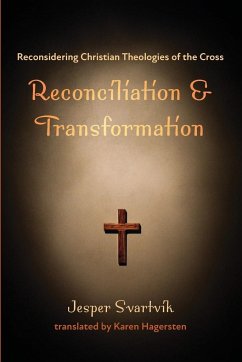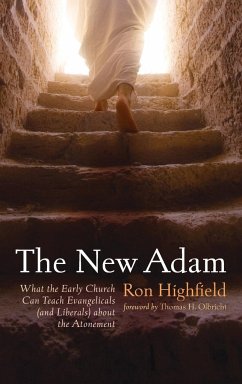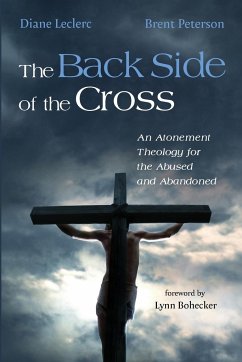Many ministers and faithful Christians instinctively recoil from "washed in the blood" theology, but they hesitate to discuss the subject. This book, by one of the world's leading authorities on atonement doctrine, shows how the "purchased by the blood" idea is out of step with the teachings of Jesus, who said that God reaches the pure in heart without any sacrificial payment. The successors of Paul took the Apostle Paul's sacrificial metaphors far too literally and turned them into an imagined "mechanics" of salvation in which God is "paid off." Over the centuries, this manipulative idea has been the source of confusion and mischief, from the anti-Semitic superstitions of the Middle Ages, to the pedagogy of shame taught in many fundamentalist churches today. Our understanding of Christ will be enhanced if we can recover the original apostolic Christology, which was based on Christ as Creator and life-giver.
Hinweis: Dieser Artikel kann nur an eine deutsche Lieferadresse ausgeliefert werden.
Hinweis: Dieser Artikel kann nur an eine deutsche Lieferadresse ausgeliefert werden.

